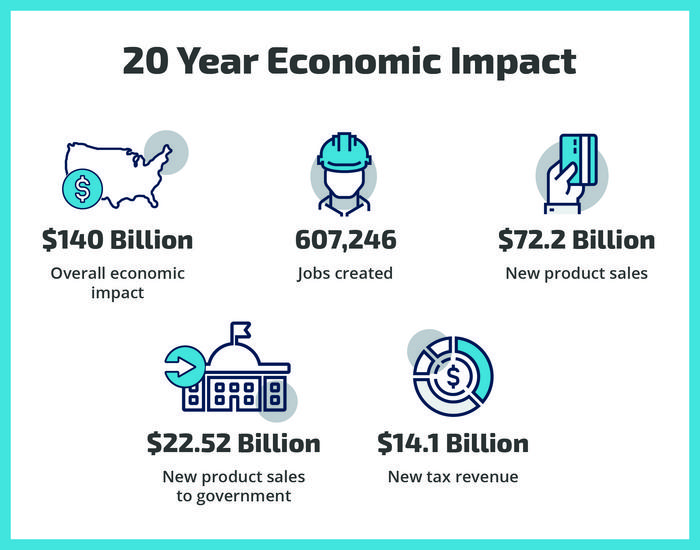University of Oklahoma research aims to uncover biological mechanisms for fuel upcycling
A project led by John Peters, chair of the Department of Chemistry and Biochemistry, Dodge Family College of Arts and Sciences at the University of Oklahoma, has received a nearly $1.5 million grant from the U.S. Department of Energy’s Office of Basic Energy Sciences. He is studying the mechanisms for carbon dioxide fixation, an area […]

A project led by John Peters, chair of the Department of Chemistry and Biochemistry, Dodge Family College of Arts and Sciences at the University of Oklahoma, has received a nearly $1.5 million grant from the U.S. Department of Energy’s Office of Basic Energy Sciences. He is studying the mechanisms for carbon dioxide fixation, an area of research exploring how to reduce the amount of carbon in the atmosphere that contributes to climate warming.

Credit: Provided by the University of Oklahoma
A project led by John Peters, chair of the Department of Chemistry and Biochemistry, Dodge Family College of Arts and Sciences at the University of Oklahoma, has received a nearly $1.5 million grant from the U.S. Department of Energy’s Office of Basic Energy Sciences. He is studying the mechanisms for carbon dioxide fixation, an area of research exploring how to reduce the amount of carbon in the atmosphere that contributes to climate warming.
“This project meets two of DOE’s modern energy priorities,” Peters said. “They want to understand how microbes capture carbon dioxide molecules and incorporate them into biomass in a different way than photosynthetic organisms. They also want to know how electrons are moved around in fuel production. In molecules associated with life – carbon, hydrogen, oxygen, and nitrogen – electrons have to be moved around to make these fuel molecules.”
In one part of Peters’ research, organisms use acetone and carbon dioxide as their sole food source to produce biomass. Another aspect of his research examines electron bifurcation, a process where pairs of electrons can be split in different ways to overcome certain thermodynamic barriers. Peters was part of a research group that recently received a Faraday Horizon Prize from the Royal Society of Chemistry for this research.
“We don’t fully understand how these enzymes work, and that’s one of the reasons the DOE is funding our research. But we know that they do a fuel upcycling reaction,” Peters said. “Fuel upcycling takes waste molecules and converts them into molecules that can be used for fuel. We’re trying to discover how biology does fuel upcycling.”
The research being done by Peters’ group is considered basic science, meaning it doesn’t find solutions to specific known problems. However, it provides the fundamental basis for understanding processes that apply to many future solutions.
“Carboxylation chemistry is challenging, and I like a challenge. Ultimately, we’re interested in fundamental, basic science because we know it opens the doors for lots of solutions,” Peters said.
###
About the Project
John Peters is the principal investigator of the project, “Novel microbial-based enzymatic CO2 fixation mechanisms: Conformational control of enzymatic reactivity.” The three-year project is expected to receive $1,496,704 from the U.S. Department of Energy Basic Energy Sciences SC-32.1 program, Solicitation: DE-FOA-0002844, beginning Sept. 1, 2023, through Aug. 31, 2026. Two other researchers from Montana State University will also contribute to this project.
About the University of Oklahoma
Founded in 1890, the University of Oklahoma is a public research university located in Norman, Oklahoma. As the state’s flagship university, OU serves the educational, cultural, economic and health care needs of the state, region and nation. OU was named the state’s highest-ranking university in U.S. News & World Report’s most recent Best Colleges list. For more information about the university, visit www.ou.edu.
What's Your Reaction?
































